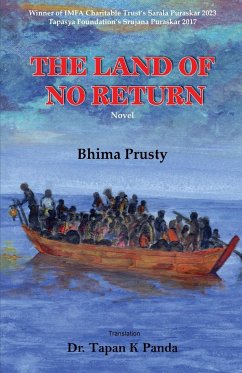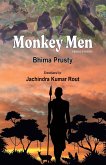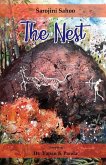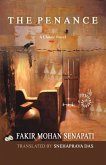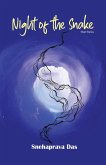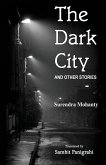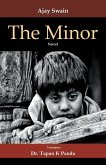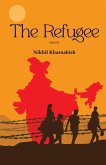On the banks of the river Gobari, completely engulfed in the darkness and amongst tall trees- lay our dream island- Jambu! We only knew someone before this visit who could help us with a night stay. Loading our bike on a country boat, we reached the other side of Jambu, popularly called Jambunut. Ravi Tripathy had an earlier acquaintance with Govind Senapati- the khalasi (loader) of the irrigation department who lived in a tile-roofed government quarter. There was hardly any facility for water and power. Spreading our mats on the floor, we spent the night brimming about visiting Jambu. The next day, riding a boat on the Gobari River, we were in Jambu to meet many unknown people who later became part of the Jambu Saga. Finding time from my academic life between 2010 and 2017, I continued solo travelling to Jambu multiple times. There, I was introduced to Sri Samarendra Mohanty, a television reporter from the Chhapali Chowk. He could comprehend my working style and extended full cooperation to me. In those seven years, as many times I visited Jambu, my reporter friend Sri Mohanty arranged my stay at varied places- government bungalows, forest bit houses, even in his own home. He had taken me to many places around Jambu like a kind-hearted guide. Along with Jambu, he had arranged my visit to Ramnagar Kharnasi, Odisha's first lighthouse, and to Hukitola- the first port of Odisha. Through a generous introduction to forest guards and rangers of the area, he helped me to understand the topography and lifestyle of the Jambu people. I could have many exciting conversations with younger and older people from different Bangladeshi hamlets and colonies through his kind introductions of me to the Jambu people. I tried to tape-record the life and struggle of the people of Jambu. Binoy Das, who was displaced during the civil war and riots in erstwhile East Bengal and finally could settle in Jambu, often turns nostalgic and talks about his struggling days; the cloth merchant turned Indian nationalist Bakul Talukdar; the youth leader Nimain Sarjan who raises his concern and voice for the issues and rights of the refugee brotherhood living in Jambu; Tapan Sikdar who, after being tortured in Bangladesh, along with his family had to leave the country and have greyed in Jambu; Madhoi Mandol who was damn scared after receiving an expulsion notice from the Indian government for illegal entry into India; Kadamb Sena, with nine months pregnancy fled the country during the East Bengal and Pakistan civil war and arrived here. I tried to record the lifestyle and life stories of hundreds of people of Jambu, like Jatia of Kharnasi village and octogenarian Purjan Mandal. Only one common malice of these refugees in Jambu inspired me to write this novel. Jambu has seen three generations since the 1960s. They have an unresolved question: Which nation do they belong to? The country they left a long time ago or the country in which they have been living for generations!! One nation brands expatriates, and another government names them as 'refugees'. Wherever there is a civil war, a religious war, or a political war related to international borders, people are bound to cross the geographic boundaries as refugees for their own and kin's safety and welfare. The issues of displacement and refugees are global phenomena. Jambu may be a tiny place on the world map of immigration and refugee settlement. Still, Jambu continues to be a mini-representative of refugee colonies of the world. After arriving at these colonies, including Jambu, There is no way open to going back. Jambu is the Land of No Return!!!
Hinweis: Dieser Artikel kann nur an eine deutsche Lieferadresse ausgeliefert werden.
Hinweis: Dieser Artikel kann nur an eine deutsche Lieferadresse ausgeliefert werden.

